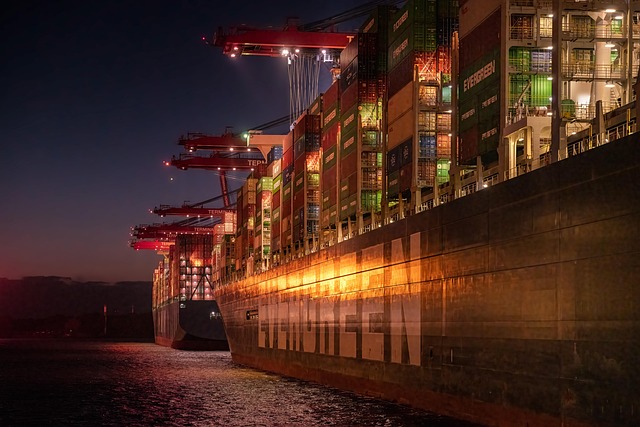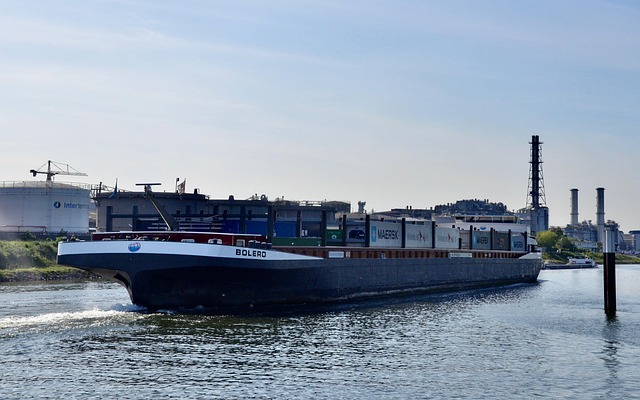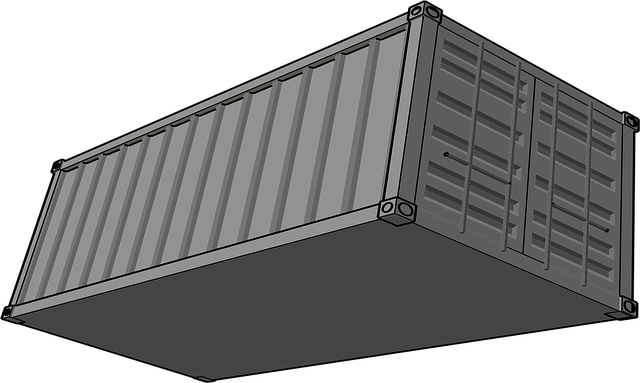Insulated shipping containers, including standard ISO and refrigerated units, offer reliable temperature control for perishable, pharmaceutical, and sensitive goods using advanced insulation and climate systems. Their universal dimensions and leasing services enhance flexibility, while best practices like proper sealing, high-quality materials, regular maintenance, efficient loading, and cleaning protocols ensure optimal performance in various shipping methods, preventing spoilage and maintaining product quality.
In today’s globalized world, maintaining product quality during transit is paramount. Insulated shipping containers offer a revolutionary solution, ensuring temperature-controlled deliveries for perishable and temperature-sensitive goods. This article delves into the world of these advanced shipping containers, exploring their benefits and best practices for optimization. From understanding the technology to harnessing its advantages, we uncover why insulated containers are transforming logistics, providing unparalleled protection for your precious cargo.
- Understanding Insulated Shipping Containers
- The Benefits of Temperature Control in Delivery
- Best Practices for Optimizing Insulated Containers
Understanding Insulated Shipping Containers

Insulated shipping containers are specialized freight containers designed to maintain optimal temperature levels during transit, ensuring the safe and efficient delivery of temperature-sensitive cargo. These innovative solutions are a game-changer in the logistics industry, particularly for businesses dealing with perishables, pharmaceuticals, or any product that requires controlled climate conditions. By utilizing advanced insulation materials and temperature control systems, these containers provide a reliable and consistent environment for sensitive goods.
Whether it’s a standard sea container, a modular office container, or a specialized refrigerated container, each is engineered to meet specific temperature requirements. The ISO container, for instance, is a common choice due to its universal dimensions and compatibility with various shipping methods, including road, rail, and maritime transport. Container leasing and rental services have made these insulated units more accessible, allowing businesses to adapt their supply chain needs without significant long-term investments in cargo containers like storage containers or shipping crates.
The Benefits of Temperature Control in Delivery

Maintaining a consistent temperature during transit is paramount for many industries, from pharmaceuticals to food production. Insulated shipping containers offer an efficient solution by providing temperature-controlled delivery, ensuring that cargo arrives in optimal condition. This feature is particularly valuable when transporting perishable items or products sensitive to heat or cold, preventing spoilage and maintaining quality.
Temperature control not only safeguards the integrity of goods but also streamlines logistics. With customizable climate settings, shippers can adapt to various requirements, accommodating both standard and specialized needs. Moreover, this technology enhances safety by reducing the risk of hazardous conditions during transport, making it a vital aspect of modern container shipping, whether for sea containers, freight containers, or storage containers.
Best Practices for Optimizing Insulated Containers

To optimize insulated shipping containers, best practices include ensuring proper insulation and sealing to maintain temperature control. Using high-quality materials and advanced technologies like phase-change materials can significantly enhance energy efficiency. Regular maintenance checks are crucial; inspecting for any signs of damage or wear and promptly replacing components like gaskets or insulation maintains the container’s performance over time.
Additionally, optimizing loading and unloading processes is essential. Efficient stacking techniques, considering container dimensions and capacity, ensure safe transport while minimizing voids that could affect temperature regulation. Integrating monitoring systems allows real-time tracking of conditions inside the container, enabling prompt intervention if necessary. Regular cleaning and hygiene protocols also play a vital role in maintaining the integrity of the cargo, especially for perishable goods.
Insulated shipping containers offer a game-changing solution for temperature-sensitive goods, ensuring products remain fresh and viable during transit. By understanding their benefits and implementing best practices, businesses can optimize these versatile containers, revolutionizing their supply chain efficiency. In today’s competitive market, adopting technology like insulated shipping containers is a strategic move to stay ahead, providing a reliable and sustainable delivery system.
